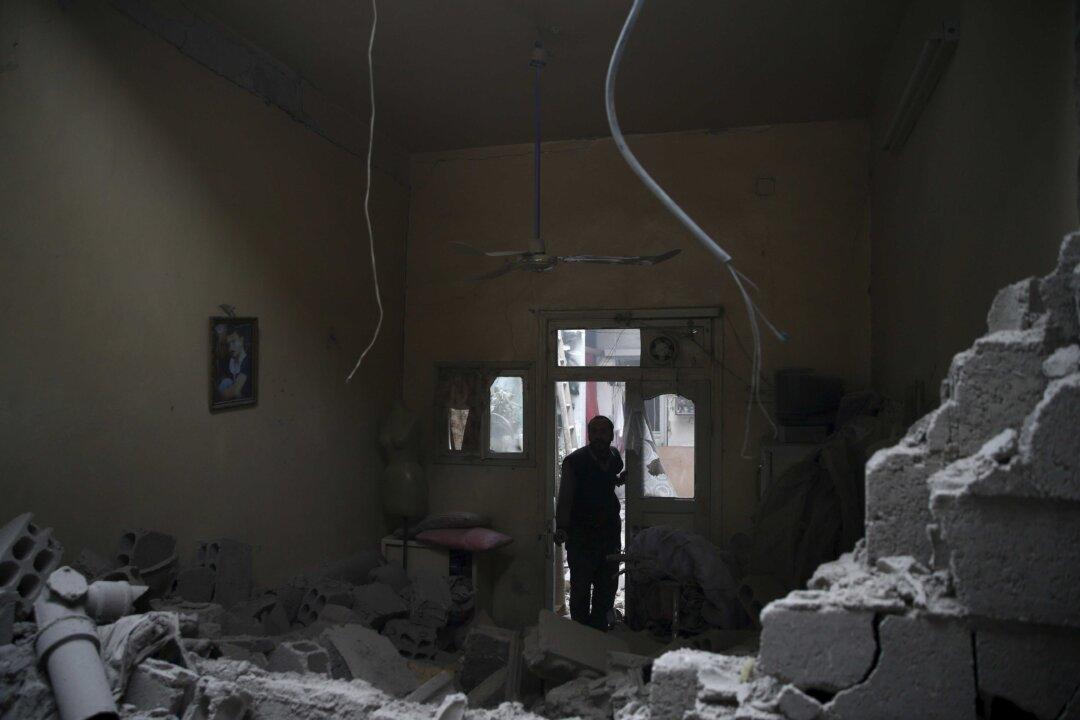BEIRUT---The Syrian rebel-held eastern Ghouta region was mostly calm as a five-hour ceasefire called by Russia took effect on Tuesday, a war monitor and witnesses said, pausing a government onslaught that has killed hundreds of people since Feb. 18.
Russia, which backs the Syrian government, ordered the daily truce from 9 a.m. to 2 p.m. and the creation of a “humanitarian corridor” to let civilians leave the area, the last major rebel stronghold near Damascus.





